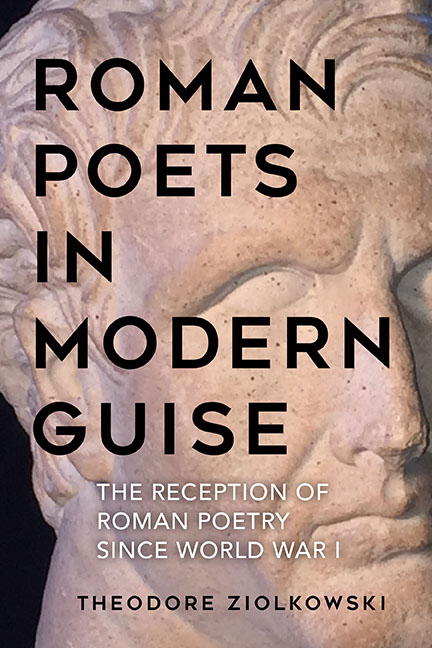8 - Juvenal Delinquents
Published online by Cambridge University Press: 21 October 2020
Summary
Certain Latin tags belong to the vocabulary of most literate Americans and Europeans. Many schools still profess it as their goal to achieve mens sana in corpore sano (“a sound mind in a sound body”). Social critics rail against a contemporary culture obsessed with panem et circenses. Political watchdogs worry quis custodiet ipsos custodes? (“Who will watch the watchmen?”). Yet how many non-classicists recognize Juvenal as the source of their sayings or, if they do, have actually read the satires in which they occur (10.355; 10.81; 6.347)? (Further quotable passages can be obtained from several internet sources under “Juvenal.”)
Juvenal's fame has enjoyed a much patchier history than that of Virgil, Ovid, Horace, and even Seneca. Unsuccessful during his lifetime and ignored for generations after his death (circa 140 CE), Juvenal was initially hailed as a moral critic by Lactantius and other early fathers of the Church and went on to enjoy broad popularity during the Middle Ages, when the edifying sayings of Juvenalis ethicus were widely anthologized. His satires were read during the Renaissance—as evidenced, for instance, by none other than Hamlet (in act 2, scene 2)—and emulated during the Baroque by such writers as Boileau and Dryden. Dr. Johnson famously imitated the Tenth Satire under the title “The Vanity of Human Wishes” (1749), and his German contemporaries—Lessing, Herder, Goethe—adapted Juvenal's satirical spirit to their own critique of contemporary social circumstances. But after such admiring young Romantic revolutionaries as Byron and Pushkin had passed away, Juvenal's reputation began to wane. He has been compared by various scholars, to be sure, to such nineteenth-century writers as Victor Hugo, Charles Dickens, and Auguste Barbier. But despite continuing activity among classicists Juvenal has rarely been cited as an inspiration for writers of the twentieth century.
At mid-century Gilbert Highet lamented that one “can hardly find a Juvenal or Euripides [edition] which does not look like a medical text-book.” Yet Highet had enough faith in Juvenal's eminence and appeal to express the conviction, in the concluding paragraph of his Juvenal the Satirist (1954): “What he needs most is one or two good modern verse translations and adaptations—made without pedantry, eliminating or modernizing obsolete allusions, and putting the violence which characterizes so much contemporary literature into Juvenal's own more economical and more effective form” (232)
- Type
- Chapter
- Information
- Roman Poets in Modern GuiseThe Reception of Roman Poetry since World War I, pp. 206 - 231Publisher: Boydell & BrewerPrint publication year: 2020



